In a bold challenge to Kenya’s electoral status quo, former Kenya National Union of Teachers (KNUT) Secretary-General Wilson Sossion has urged Parliament and electoral authorities to lower the voting age from 18 to 16, pointing to international precedents and worrying participation figures.
His proposal, aired on live television, has ignited fierce debate among political leaders, youth activists, and constitutional experts.
Sossion’s Argument: Global Models, Local Crisis.
Sossion invoked examples such as the United Kingdom—where discussions are underway to reduce voting age to 16—and pointed out that in the United States citizens can register to vote even on polling day. He argued Kenya’s electoral body, the Independent Electoral and Boundaries Commission (IEBC), has earned enough public trust and should be empowered to extend voter inclusion.
With only 7,048 new voters registered by October 2, 2025, far short of the 6.3 million target, Sossion warned that voter apathy, especially among young people, threatens democratic legitimacy. He also linked this push to the youth protests sweeping the nation, suggesting that activism without the ballot is a half-measure.
To ensure protests translate into concrete political voice, he insists, more youths must be allowed to vote—beginning with lowering the age limit.
Local Response: Mixed Reactions, Immediate Concerns.
Makueni Senator Dan Maanzo backed Sossion’s stance in part, calling for young people to go beyond protests and register as voters, emphasising the importance of having national identity cards and participation in formal political processes.
However, widespread concerns remain. Critics question whether 16‐year-olds possess sufficient civic education, political maturity, or institutional support to make fully informed decisions. Constitutional and legal scholars are expected to weigh in on whether lowering the voting age will require major legislative amendments or even constitutional changes.
The Stakes: Democracy, Youth, and Reform.
This push comes at a time of low voter registration and growing disillusionment, particularly among Kenya’s youth. Experts say unless measures are taken to engage young citizens formally, protest energy risks dissipating without influencing policy.
Furthermore, lowering the voting age could have long-term implications for electoral dynamics. If enacted, this reform might force political parties to adjust platforms, messaging, and youth engagement strategies ahead of general elections.

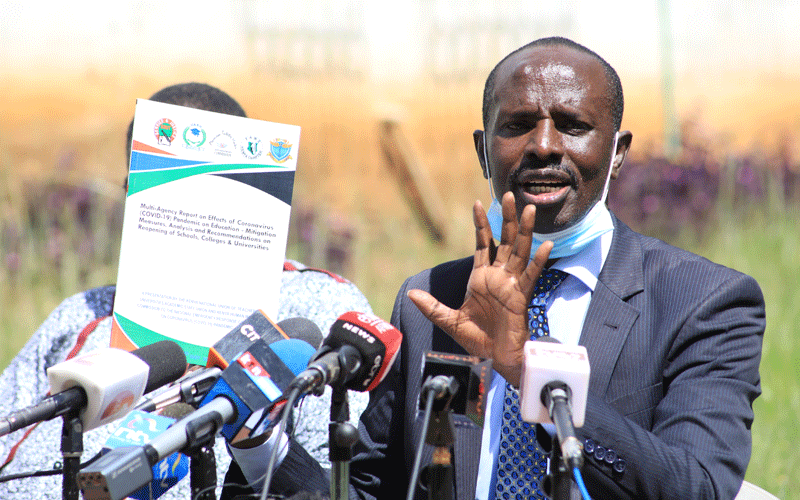
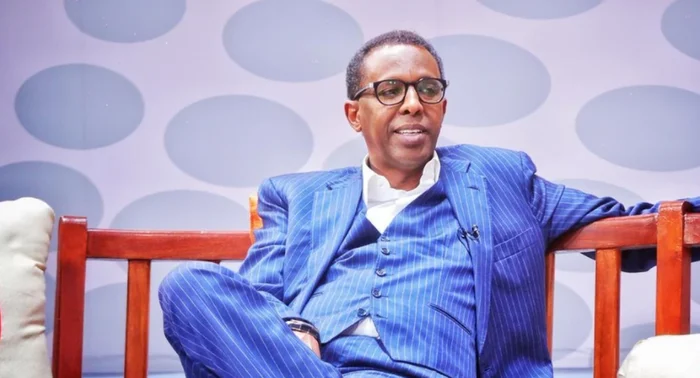
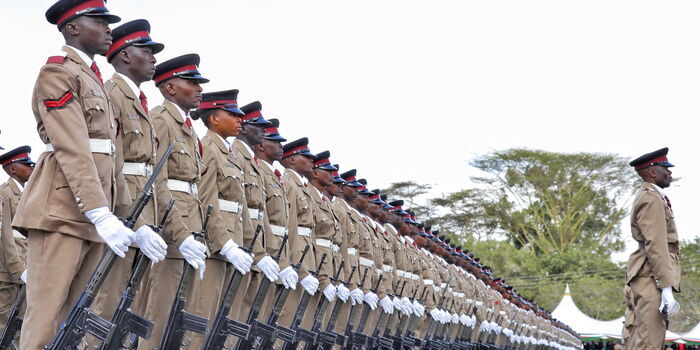
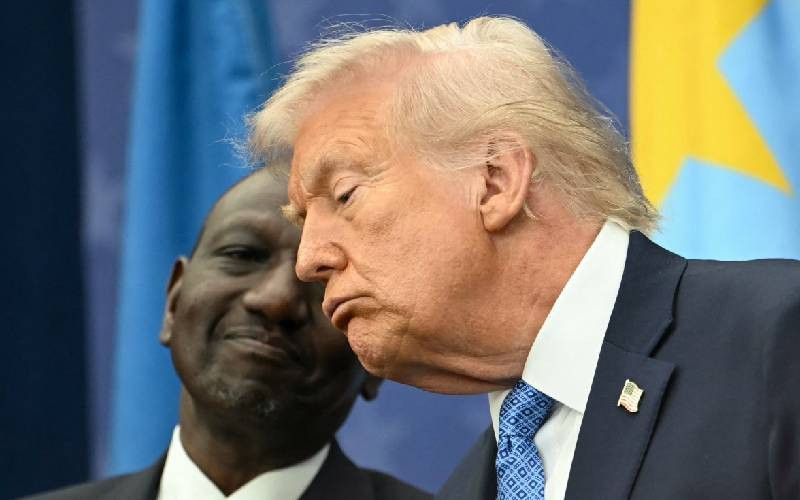
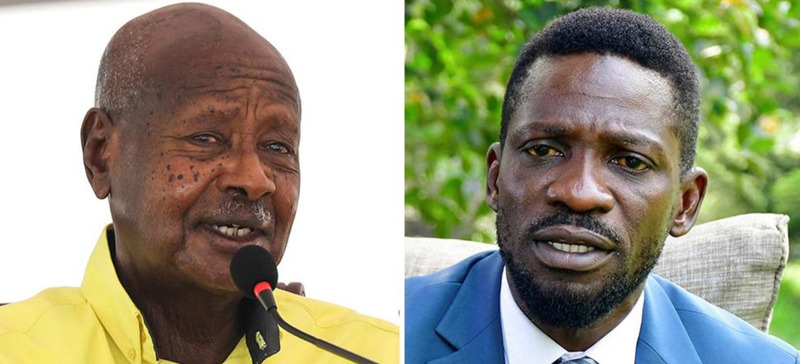
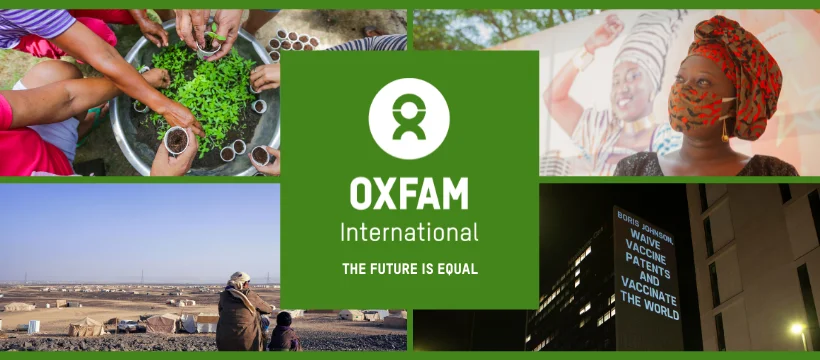

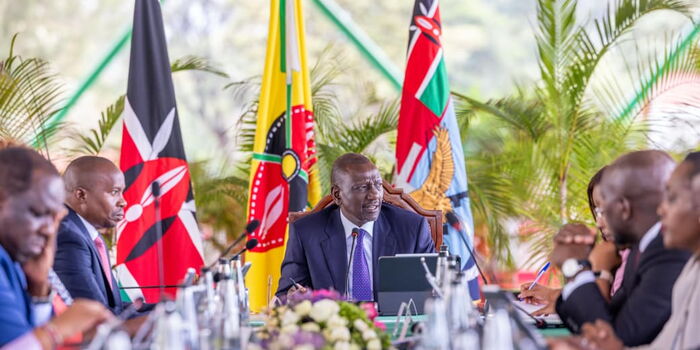
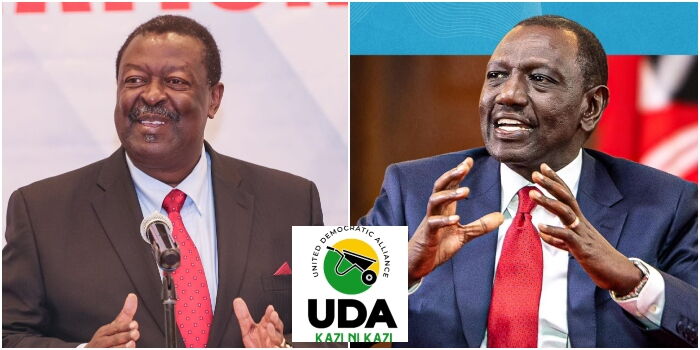


Leave a Reply